Astrotidbits-blog - Astrotidbits.info

More Posts from Astrotidbits-blog and Others
Getting ready for 8/21/17
I am making a journal as I get ready for the total eclipse of the sun on 8/21/17 and you can find it on http://www.astrotidbits.com. Irregular posts as I do something new or learn new ways of doing things.
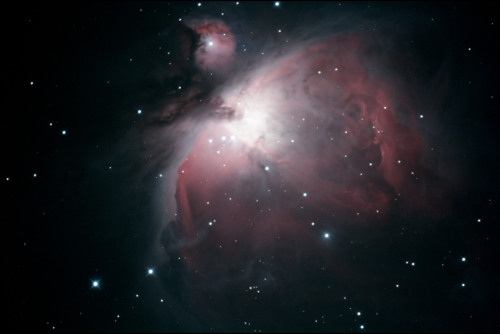
Goodbye to M42 for this year. But I’ll see you again in November. Meanwhile I can look at this picture I took in January of this year.
www.astrotidbits.com
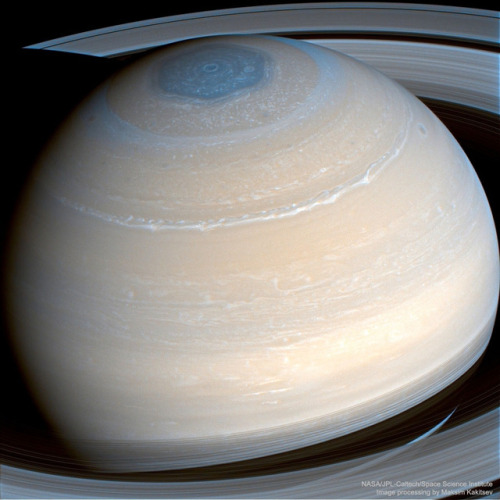
*Those razor-like shadows, they’re so black they look photoshopped
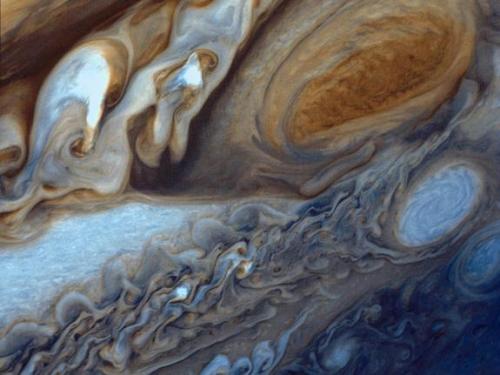
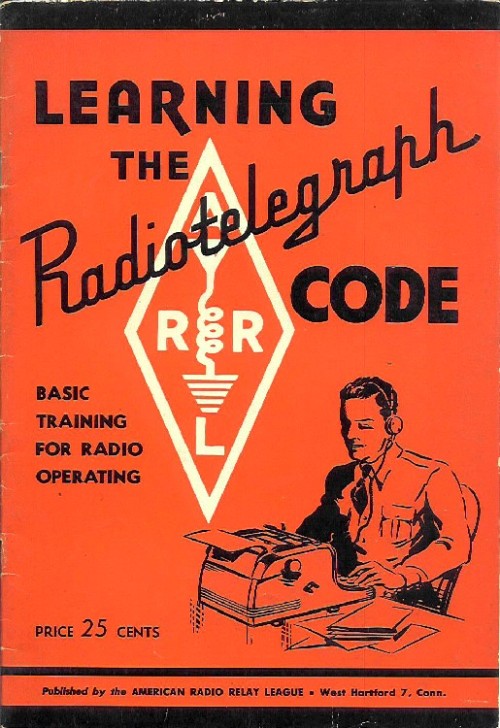
General Ham: Digital Mode Introduction
This is probably a bit more repetition, but well worth the time! So digital modes are where data are encoded as bits instead of in waves, and some are created commercially, while others are created by amateurs!
Digital modes consist of two things: a protocol and a method of modulation. A protocol is the set of rules that control the encoding, packaging, exchanging and decoding of digital data. For example, packet radio uses the AX.25 protocol standard. This standard says how each packet is constructed, how packets are exchanged, what characters are allowed, and so forth. The protocol standard doesn’t say what kind of transmitter to use or what the signal will sound like on the air.
Digital mode signals are restricted to the CW/data segments of each band and most digital mode operation is close to the top of the CW segment. Calling frequencies for the popular digital modes are incorporated into band plans and are usually the lowest frequency of operation with operators moving up in frequency as activity increases.
For example on 20m, most PSK31 signals are found near 14.070 MHz. RTTY and other digital mode signals are found above that. The modems used for digital signals often do not recognize signals from CW or other digital modes.
Here’s the Digital Signal Band Plan:
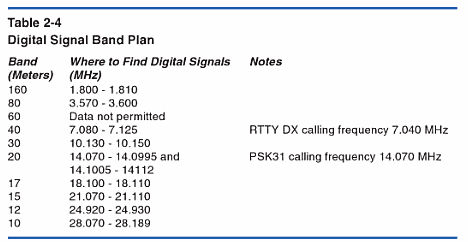
@atdiy/@tymkrs


NASA’s Cassini spacecraft shows Earth and its moon from between Saturn’s rings
NASA’s Cassini spacecraft, which orbits Saturn, took a picture of Earth from between Saturn’s rings — with Earth’s moon at its side.
Captured at 1:41 a.m. Eastern on April 12, 2017, the spacecraft was 870 million miles away from its home planet when it took the image.
Earth is seen as a tiny bright speck in the center of the picture. Upon cropping and zooming in, its moon can be seen to the left as an even smaller dot. The photograph, captured by the Imaging Science Subsystem, doesn’t clearly show which part of Earth is facing the ringed planet at the time the picture was taken, but NASA has revealed it is the southern Atlantic Ocean. Read more (4/21/17)
follow @the-future-now

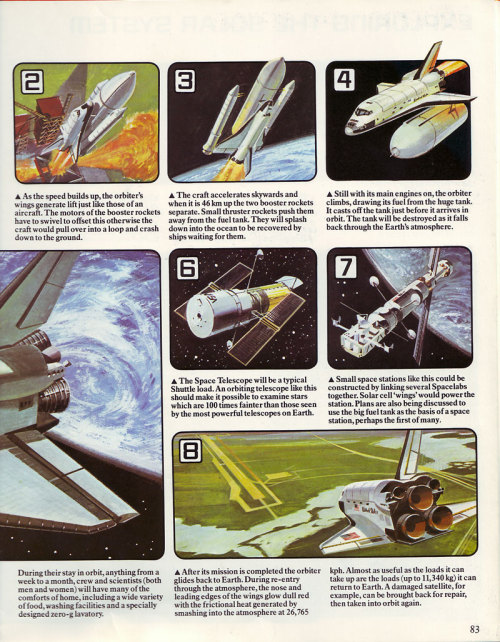
The Usborne Book of the Future
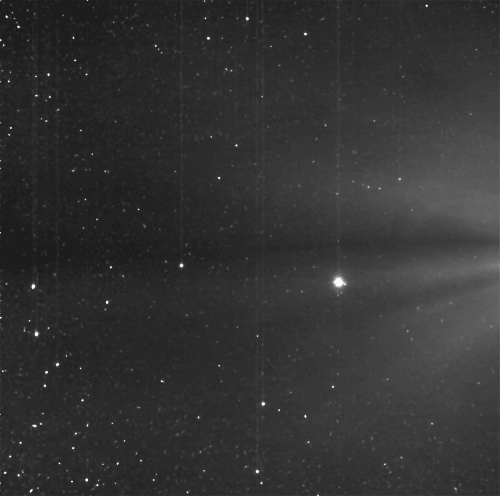
Stars, Mercury, and Solar Corona
By Stereo A
January 2nd & 3rd, 2009
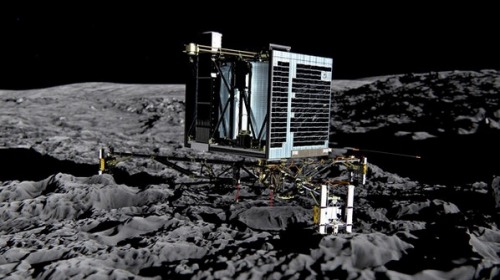

Comet lander Philae wakes up: How it happened and what’s next
By Lauren Raab
Philae, the first spacecraft to land on a comet, surprised and delighted scientists this weekend by waking up and reestablishing contact with Earth, seven months after running out of power. It “spoke” for more than a minute, according to the European Space Agency, and it’s expected to be able to continue gathering information and sending it home.
Here’s a look at what the lander has done so far and what will happen next.
Continue Reading.
-
 pleasanttrashdinosaur reblogged this · 1 year ago
pleasanttrashdinosaur reblogged this · 1 year ago -
 pleasanttrashdinosaur liked this · 1 year ago
pleasanttrashdinosaur liked this · 1 year ago -
 s-h-y-y-a-n-n-e liked this · 1 year ago
s-h-y-y-a-n-n-e liked this · 1 year ago -
 themagnificentmorado liked this · 2 years ago
themagnificentmorado liked this · 2 years ago -
 zarahengel liked this · 2 years ago
zarahengel liked this · 2 years ago -
 iamchaosgirl reblogged this · 2 years ago
iamchaosgirl reblogged this · 2 years ago -
 iamchaosgirl liked this · 2 years ago
iamchaosgirl liked this · 2 years ago -
 catlovesfandoms reblogged this · 2 years ago
catlovesfandoms reblogged this · 2 years ago -
 catlovesfandoms liked this · 2 years ago
catlovesfandoms liked this · 2 years ago -
 tls-1234 reblogged this · 2 years ago
tls-1234 reblogged this · 2 years ago -
 tls-1234 liked this · 2 years ago
tls-1234 liked this · 2 years ago -
 anisthasiazewicor reblogged this · 2 years ago
anisthasiazewicor reblogged this · 2 years ago -
 anisthasiazewicor liked this · 2 years ago
anisthasiazewicor liked this · 2 years ago -
 joh-ahae reblogged this · 2 years ago
joh-ahae reblogged this · 2 years ago -
 joh-ahae liked this · 2 years ago
joh-ahae liked this · 2 years ago -
 justwanttobefound reblogged this · 2 years ago
justwanttobefound reblogged this · 2 years ago -
 dezzibunny liked this · 2 years ago
dezzibunny liked this · 2 years ago -
 justwanttobefound reblogged this · 2 years ago
justwanttobefound reblogged this · 2 years ago -
 discursivetacenda liked this · 2 years ago
discursivetacenda liked this · 2 years ago -
 naboojakku reblogged this · 2 years ago
naboojakku reblogged this · 2 years ago -
 brav3andwild reblogged this · 2 years ago
brav3andwild reblogged this · 2 years ago -
 296-30 reblogged this · 2 years ago
296-30 reblogged this · 2 years ago -
 lazy-idate liked this · 2 years ago
lazy-idate liked this · 2 years ago -
 296-30 reblogged this · 2 years ago
296-30 reblogged this · 2 years ago -
 taken-to-paradise reblogged this · 2 years ago
taken-to-paradise reblogged this · 2 years ago -
 aaayyygender reblogged this · 3 years ago
aaayyygender reblogged this · 3 years ago -
 aaayyygender liked this · 3 years ago
aaayyygender liked this · 3 years ago -
 amaurijuli liked this · 3 years ago
amaurijuli liked this · 3 years ago